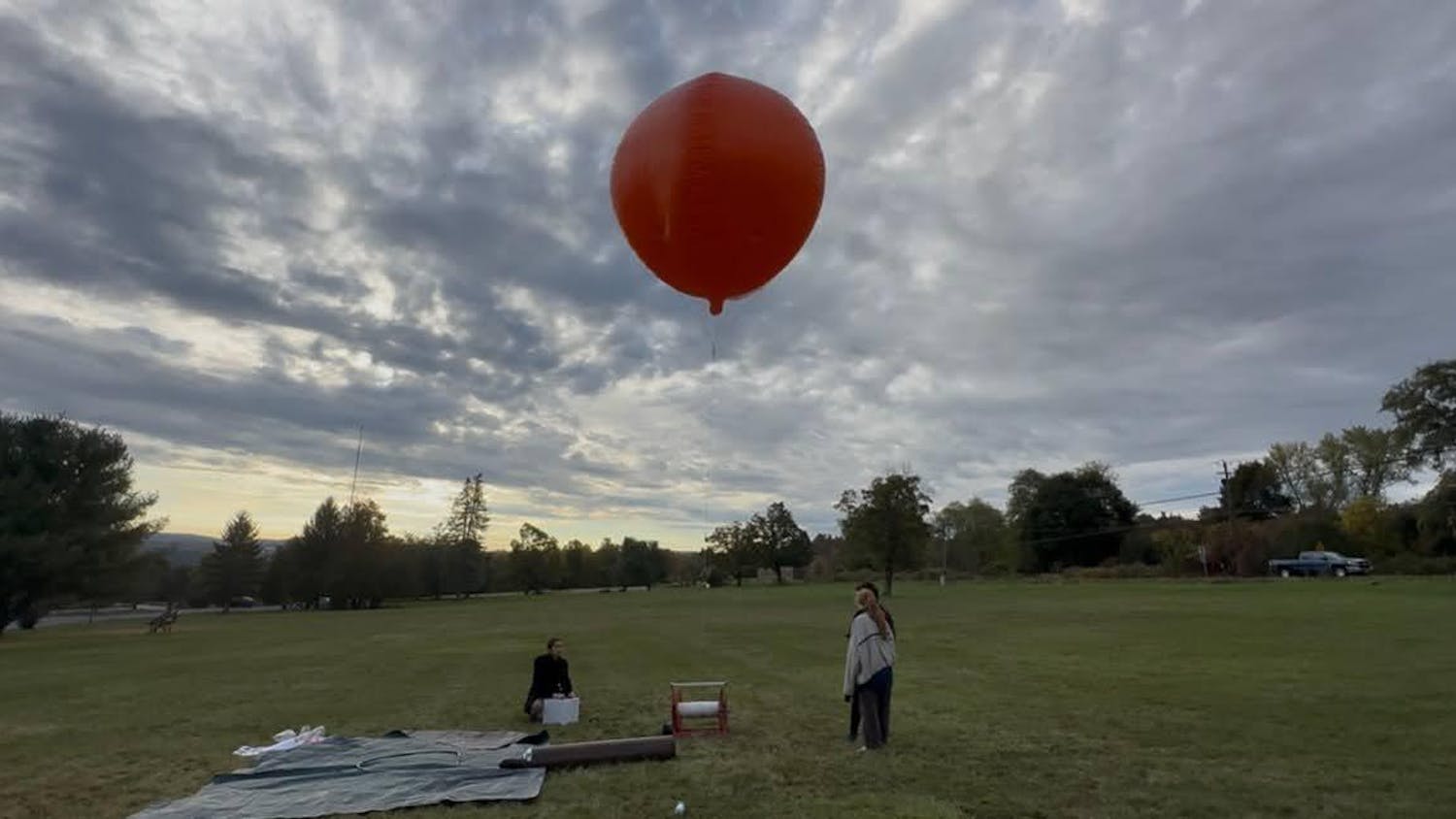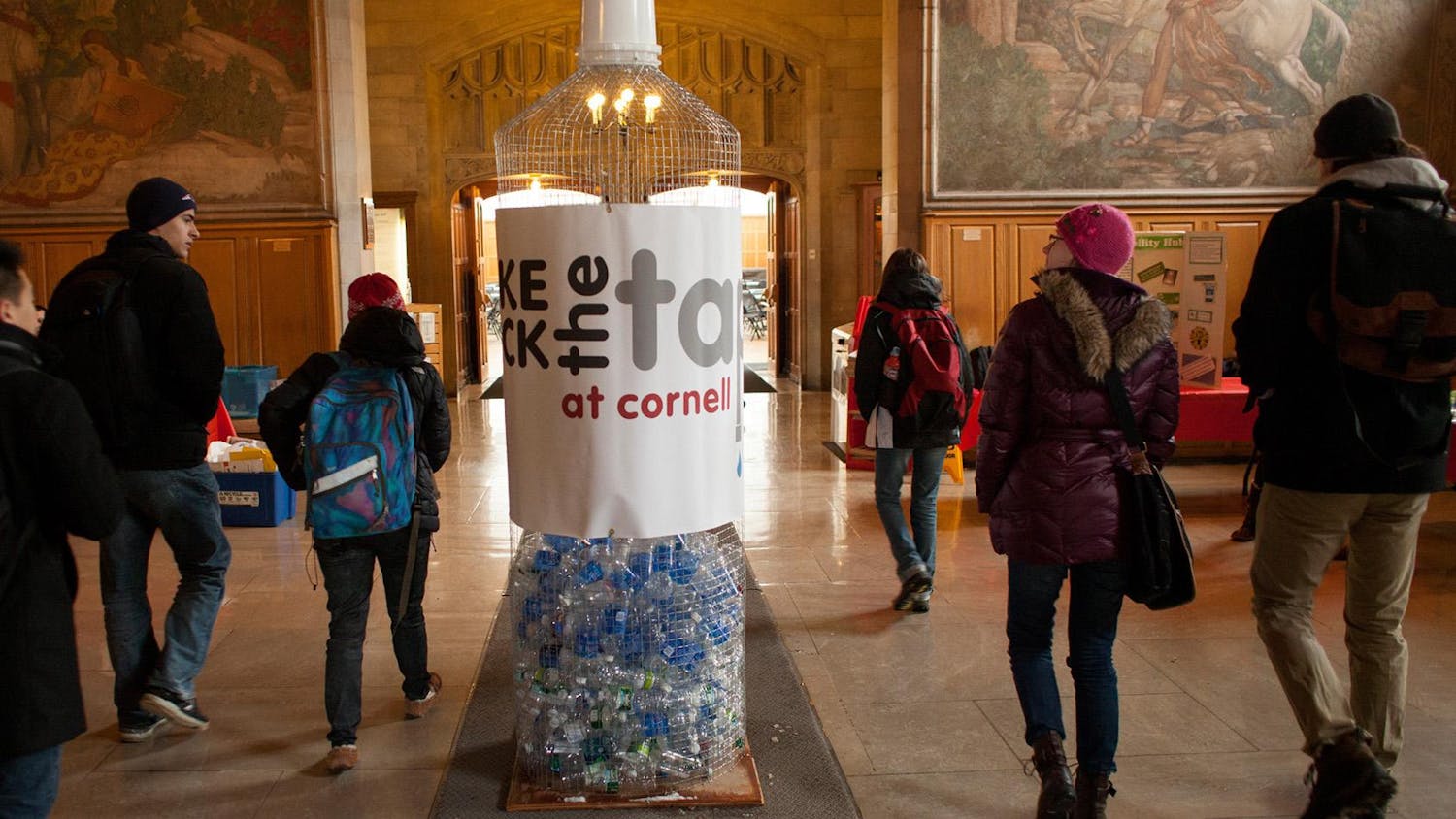The guy that hauls up a 3 with .4 seconds on the clock. The guy that smashes his opponent into the glass to preserve the 1-1 tie in overtime. The girl that makes a diving catch in left field with the bases loaded in a one-run game. You are probably not that person. You are where you dreamed you’d never be. Sitting next to a few other guys, maybe even wearing the number of someone who actually plays because jerseys only run up to 99 and your team has over 100 players. When people ask you why they’ve never seen you on the field or the court, you reply that you are on the bench. They smile at you and nod, although you can feel a slight change in how they regard you from when you had told them you were on the team. I spoke to Joe Manganelli yesterday, a junior linebacker on the football team who sat on the bench last season because of injury. He told me what it was like for the third-stringers and the few fourth-stringers who don’t usually have the opportunity to get in the game. It was odd. When I asked what it was like to be on the bench, there were a few times where he’d slip and confuse “travelers,” the first- and second-stringers who attended away games, and non-travelers. Basically, as he explained it, those who were benched had the exact same workout and practice schedule as travelers. The football year begins before the school year, in the summer. Before the summer, players are subject to weight room fitness testing and to set goals for summer training. And then, the real training begins. Camp begins 10 days before the school year. As Manganelli put it, “they own us.” Every day was a 90-minute lift and a 2.5 hour practice or even two practices. They are “controlled” by their coaching staff the entire day. All meals are planned beforehand for the team. Usually only the travelers are invited to camp, but this year, due to a “grueling offseason” that led many to quit, everybody was invited. Preseason is two weeks with lifts twice a week and practice five times a week. Then the season starts. Ten games at the end of 10 weeks are ultimately what the team works so hard for. The schedule is the same as preseason with the games at the end of the week. Nontravelers only attend home games. But for road games, they get together and listen to their team on the radio for the 3.5 hours. Although in-season is supposed to be a 20-hour weekly requirement, it ends up taking around 25. And contrary to popular opinion, not all the jocks are studying easy majors. Quite a few are engineers and premed students who still manage top-notch GPAs. Offseason lasts from November to Spring Break. There are lifts four times a week with conditioning twice a week, extending the lift times to two hours. Towards Spring Break, the players have two weeks when they wake up eight times at 4:30 a.m. and condition for an hour and a half, even during the school week. After spring break, the team begins spring ball — four lifts a week and 10 practices before finals start. Some are “midnight practices,” running from 9:30 p.m. to midnight. Also, there is the spring game, the one game in which all players are guaranteed playing time. After he explained everything to me, he repeated again that there basically was no difference between non-travelers and travelers besides playing time. Both can only drink on Saturday nights during school year with stiff punishment if caught doing so. I think from now on that when someone tells me they do not play in a game, I will respect them equally if not more so. They sacrifice sleep, drinking and studying. Although they may not play this season, or ever in their Cornell career, it is remarkable that they are willing to put in so much effort just in case one day the first- and second-stringers get knocked out of the game. Although many Cornellians know the names of several Red first-stringers, it is important that once in a while we take a step back and notice the hard work of those out of the limelight. Because even though they are benchwarmers, they are still accomplishing things that a lot of us would never be able to do.
From the Sidelines: What it Means to be a Benchwarmer
Reading time: about 4 minutes
Read More










